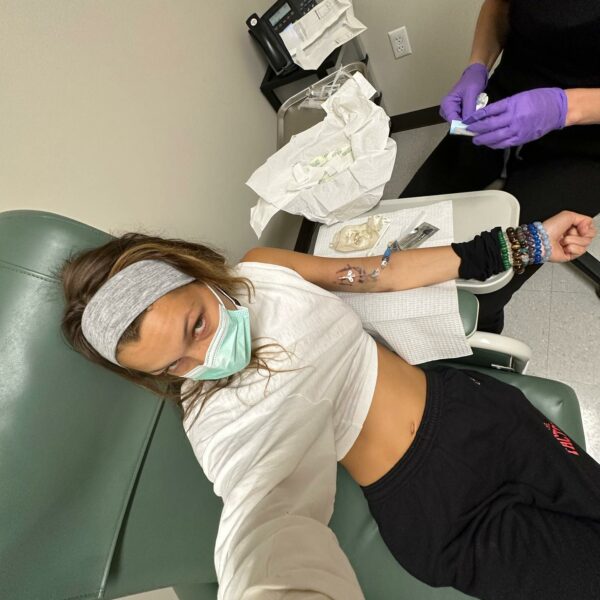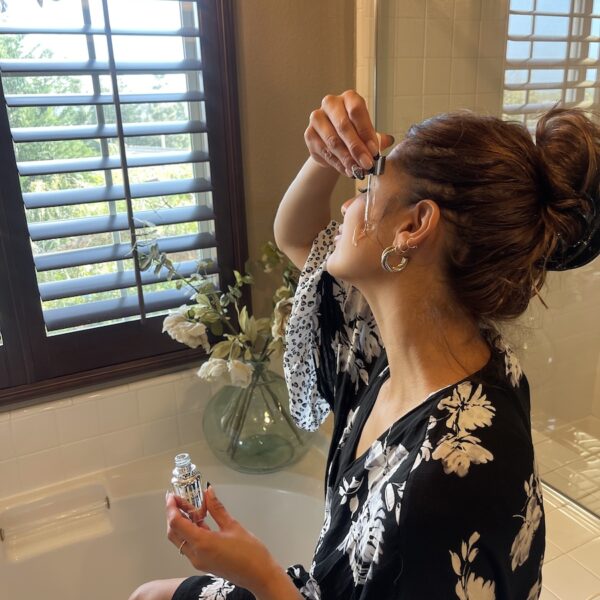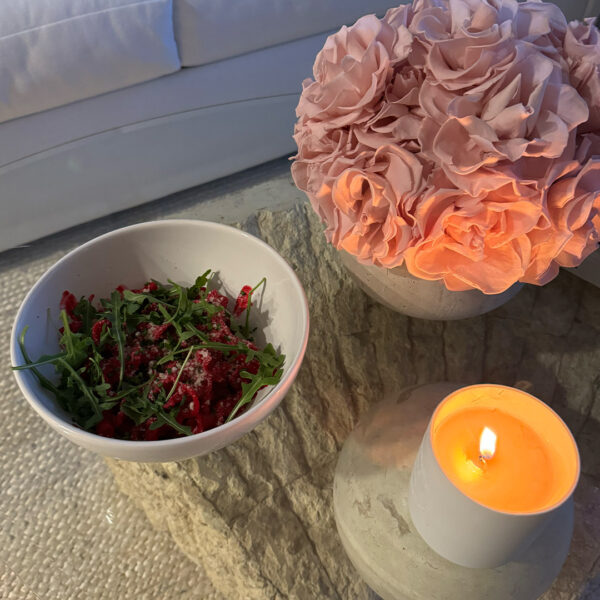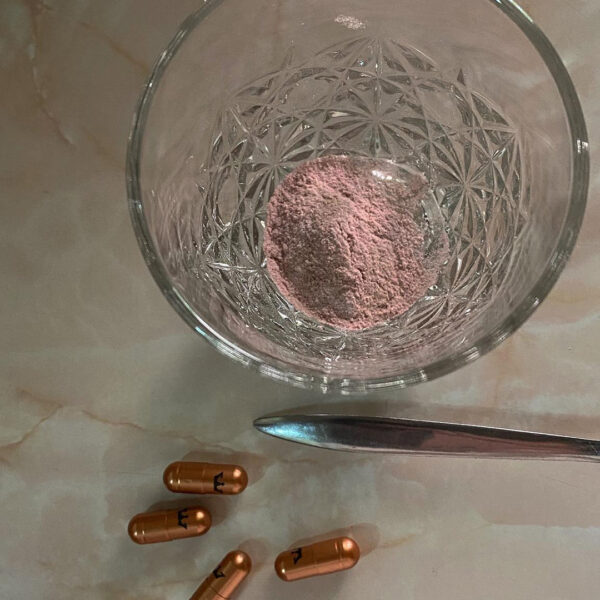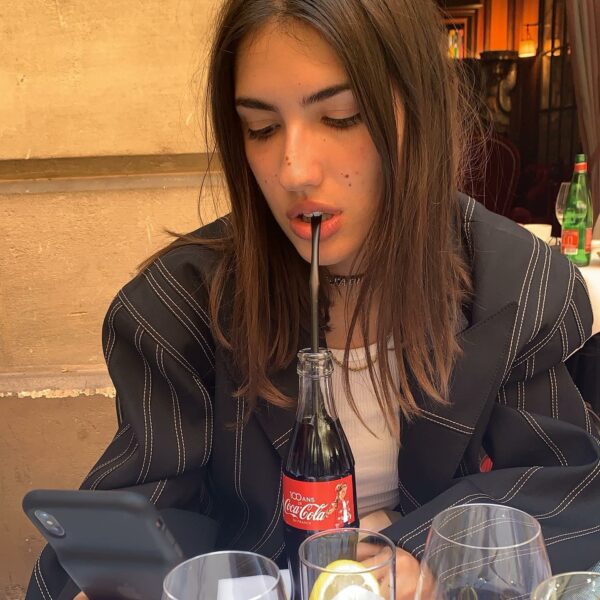The world seems to run on caffeine. In many homes, we find it every morning brewing in the coffee pot, consumed during small moments of recuperation throughout the day, and sometimes used as a reward after a long week. Caffeine is a social staple and an economic powerhouse. It is an industry unto itself, specifically the coffee industry. Think of the top coffee chains. We know their slogans. We recognize their logos by sight. In 2015 in the US, coffee was a $225.2 billion industry.
However, like all things—even good things—caffeine should be used sparingly and mindfully. It is highly addictive, and many people find that they become dependent upon it. In fact, it is so addictive that a multibillion-dollar industry thrives off of this cultural phenomenon. The stimulant boost it provides coupled with enticing advertising around treating yourself with either a warm cup of coffee during cool weather or a refreshing sweet treat frappuccino in warm weather is enough to entice the senses of many of us. Plus, there is the diet cola crowd who consume multiple sodas per day. In our fast-paced world, many people rely heavily on caffeine to get through a day that starts too early and ends too late. So, how can we approach caffeine intake from a holistic standpoint?
Most people who are addicted to caffeine are tired in the morning and require the boost to perform. So, the first step is to set a bedtime that allows for a minimum of eight hours of sleep per night. That may require changing habits and exploring nighttime rituals to wind down, like diffusing lavender essential oil, meditation, and limiting screen time before bed.
Once you are rested, it will be easier to mindfully consume caffeine in moderation. If you NEED caffeine daily, that is the result of an addiction, a lack of sleep, or both. Once you are properly rested, if you are ready, you can begin to cut your caffeine consumption in half for the first week. Then halve that the next week. From there, if you consume coffee, it should be organic and only a small cup. You could have this up to three times per week for a moderate habit. Enjoy it for the flavor and an occasional, nonessential, light energy and focus boost. Try to cut your intake of caffeine by 3 p.m. to help with restlessness that could prevent sleep.
Green tea is a lovely way to consume a bit of caffeine. It contains about half the amount of caffeine in a cup of coffee plus tons of antioxidants and plenty of L-theanine, which is good to calm the mind and reduce anxiety.
Lastly, my personal favorite—chocolate. Dark chocolate is a delicious caffeine source, plus it is a dopamine-producing (pleasure chemical) food. Plus, it contains antioxidants and magnesium, so a little bit of chocolate can be a delicious treat with health benefits.
Amy Mercree is a Holistic Health Expert and a best-selling author of 10 books—A Little Bit of Mindfulness, A Little Bit of Meditation, and Essential Oils Handbook, to name a few. Her latest book, The Mood Book: Crystals, Oils, and Rituals to Elevate Your Spirit (March 4, 2019), breaks down five different moods and offers holistic rituals, quizzes, and advice to optimize your life based on your mood. Amy has been an internationally acclaimed medical intuitive for over 15 years. She’s helped thousands of people find the root causes of numerous mild and moderate medical conditions and uncover their body’s wisdom to heal permanently. Learn more at amyleighmercree.com.
Shop the photo (similar style): Song of Style Hope Maxi Dress ($238)



